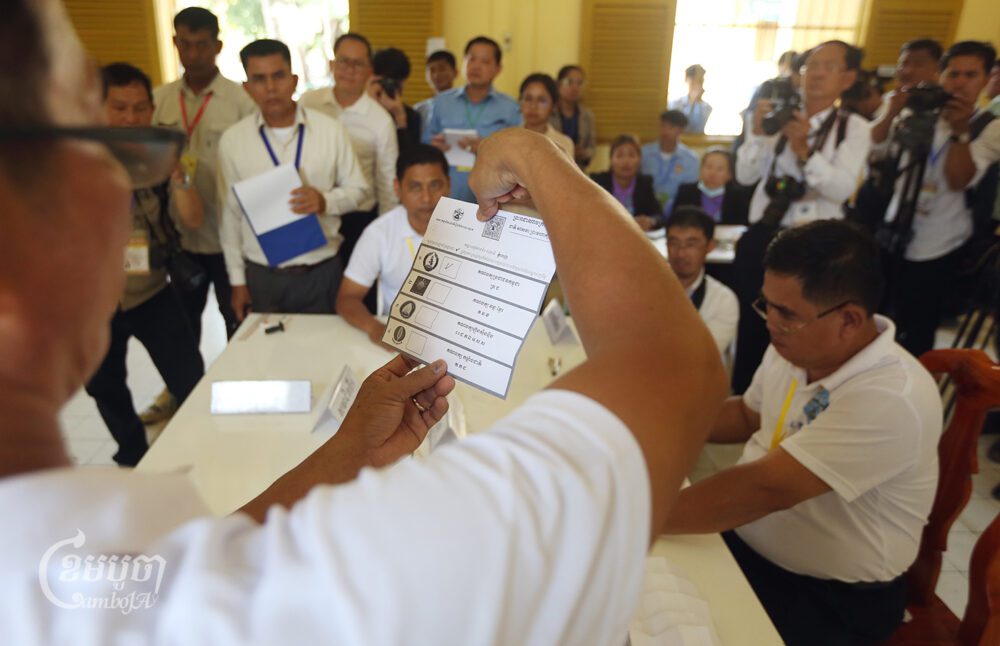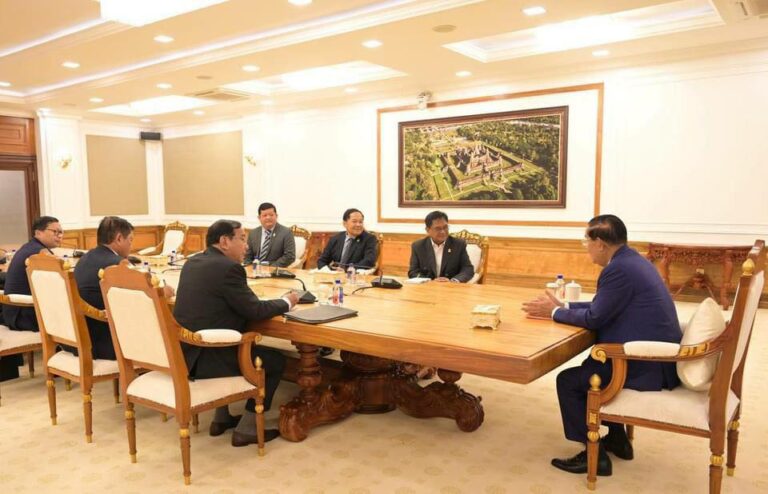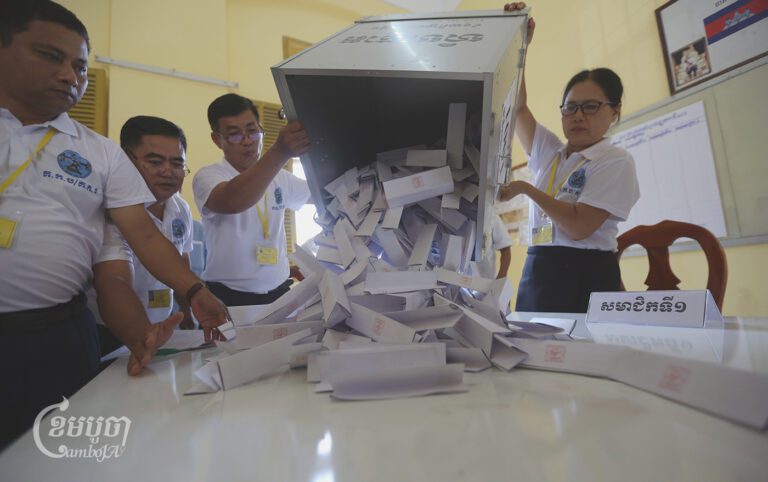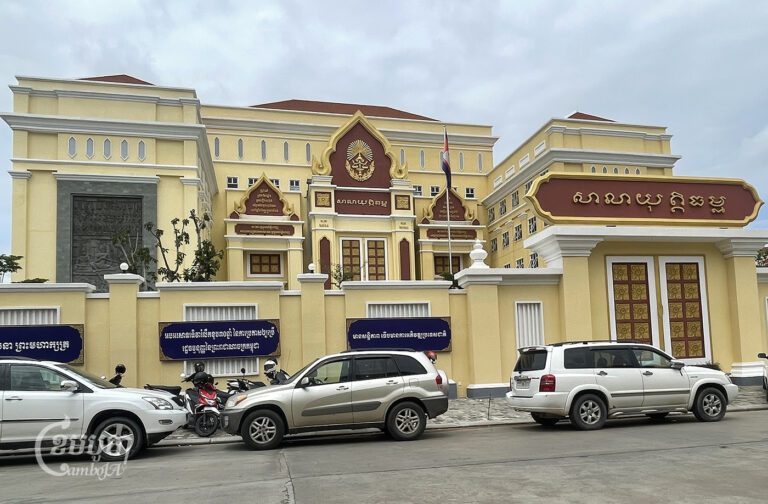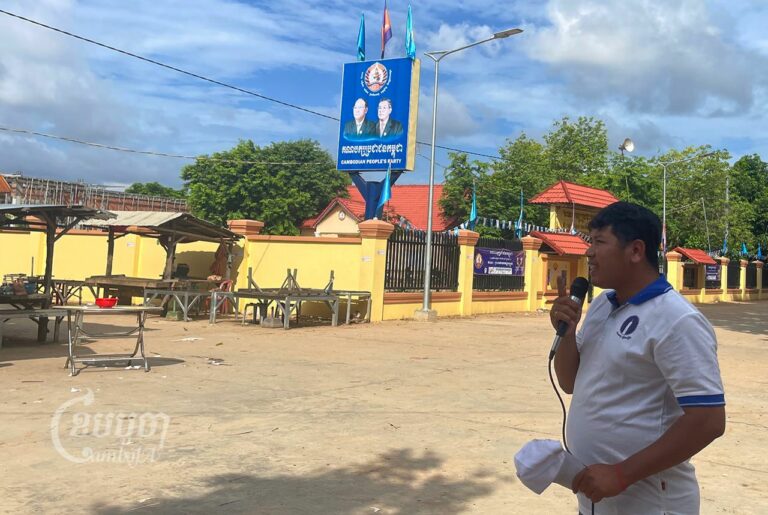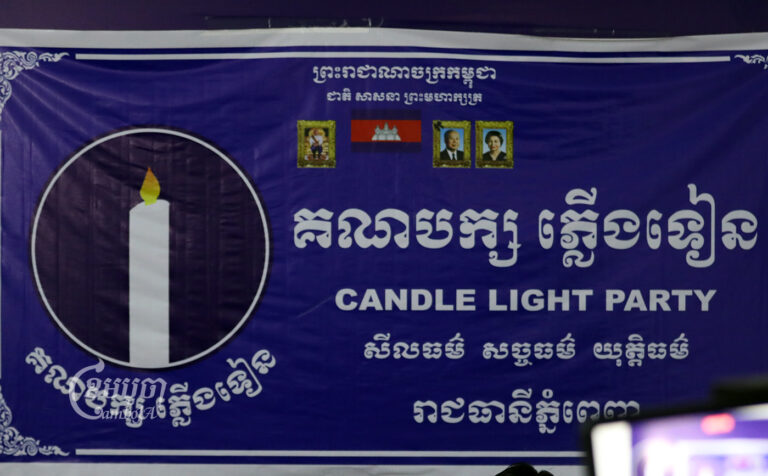Preliminary results from the Senate election showed ruling CPP in the lead with 9,953 votes, far ahead of Khmer Will Party (1,394 votes), Nation Power Party (234 votes), and the royalist Funcinpec with a mere 12 votes, according to the NEC.
On Monday, CPP and Khmer Will Party spokespersons told CamboJA that CPP won 55 seats and Khmer Will Party obtained three seats. The Sunday election saw votes cast for 58 out of 62 seats. As for the remaining seats, two will be appointed by King Norodom Sihamoni and another two senators by the National Assembly.
Ruling CPP spokesperson Sok Eysan said CPP has secured more votes compared to other parties, enabling it to win 55 seats. It was initially thought that CPP would secure 49 to 50 seats based on their number of councilors.
“The reason for the increase in seats is because the [councilors] from other parties voted for [CPP]. As we have seen, voters are tired of parties’ internal arguments, so they stopped supporting the opposition and voted for the ruling party,” Eysan said.
Before the election, he observed, Nation Power Party attempted to “threaten” Candlelight Party councilors to vote for the former.
Eysan reiterated that the CPP has never intimidated opposition party voters or tried to win their hearts. If there was money, he said, it was better to use it to build roads and bridges than buy voters “because it is useless”.
Nation Power Party president Sun Chanthy was delighted although his party garnered only 234 votes because they did not have councilors who are eligible voters in the Senate election.
“We’re proud that Nation Power Party received support from [commune council] voters. We thank them for their bravery in casting their vote for our party,” he said.
However, he added, “although there’s pluralism in the Senate, it may not be reflected in the true [meaning of] the multiparty liberal democratic process in Cambodia.”
In 2023, Candlelight Party was disqualified from contesting in the national election, leaving citizens with limited choices of opposition parties in Cambodia.
But, last October, Candlelight formed an alliance with minority parties Khmer Will Party, Grassroots Democratic Party and Cambodia Reform Party to challenge CPP’s dominance in the elections.
Prior to that, Khmer Will Party and the other two parties had never won any seats in elections. The coalition, called Alliance Towards The Future, was aimed at offering Cambodians an alternative choice for representation in the political arena.
Kimsour Phirith, a spokesman for the Khmer Will Party, confirmed that Khmer Will Party won three seats in the Senate.
The number of votes his party received compared to the number of commune councilors from the Candlelight party did not tally, in fact it was down by more than half. He told CamboJA that some parties tried to win commune councils’ votes through the promise of benefits but also by intimidation.
“The strongest [way] was by luring them using benefits but there were also threats,” Pirith said, adding that these occurred before the election. In order to maintain peace in a tense atmosphere, the party did not complain.
However, they believed in the pledge made by Candlelight Party councilors to vote for the Khmer Will Party.
“Despite the use of money and physical intimidation, those loyal to Candlelight Party still supported them. They listened to Candlelight’s instructions and cast their vote for the Khmer Will Party to win three seats,” Pirith said.
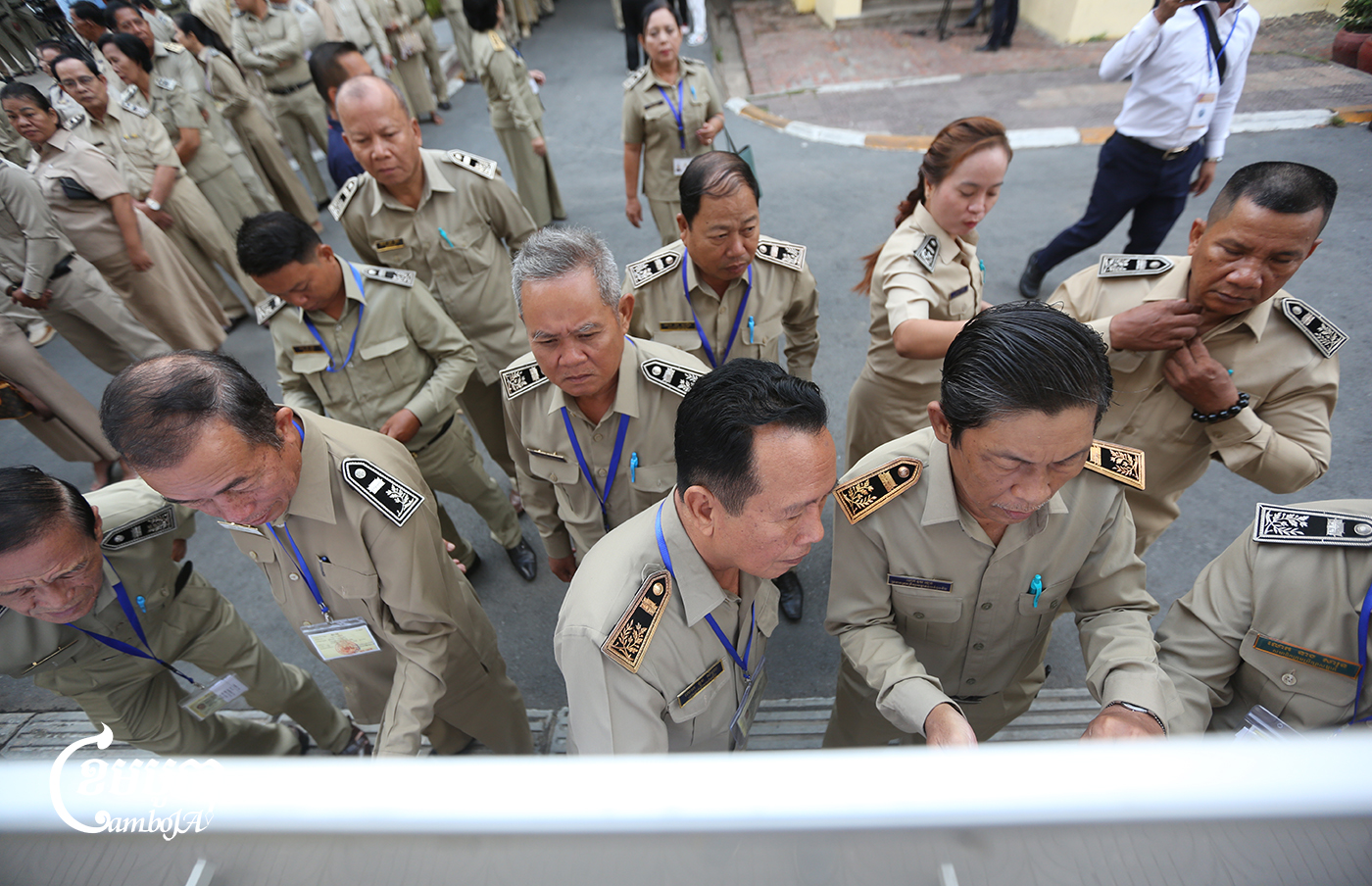
Owing to Candlelight’s disqualification, ballots cast for Khmer Will Party were seen as a vote for Candlelight under the alliance.
“This is a success because Khmer Will Party has no voters [2022 commune councilors], so the three seats are a result of the loyalty of commune council voters who love democracy.”
Phirith said there might have been a few voters from Candlelight who voted for National Power Party.
According to Kong Monika, secretary-general of the Khmer Will Party, their three seats were won in regions two, four and six, where they garnered 239, 218 and 245 votes, respectively.
While Monika was the candidate for region six, Sok Hach was the candidate for region two, and Seng Mardy for region four.
Based on the Senate results so far, CPP managed to increase their votes in every region they contested, while opposition party Khmer Will Party saw a decline.
The CPP received the strongest support in region four, with 1,911 votes, compared to 1,805 in the commune election in 2022, whereas Khmer Will Party only managed 218 votes, as opposed to 414 in 2022.
The ruling party’s lowest ballot of 779 votes was in the third region. The highest vote for Khmer Will was from the sixth region (245 votes) and the lowest was from the first region (88 votes).
Prach Chan, chairman of NEC, told a press conference on Sunday that the total number of voters was 11,730, representing a voter turnout of 99.86% out of 11,747 registered voters.
No threats were made against commune citizens to discourage them from voting, he said, adding that those who did not vote were either sick or had to travel abroad.
“Those who criticized the election spoke without evidence because until now no complaints have been filed,” he commented.
The NEC will announce the temporary result on February 29. Assuming parties do not raise any complaints regarding the temporary result, the official result will be announced between March 4 and 6.
Pa Chanroeun, head of the Cambodian Institute for Democracy said the election shows the total number of Members of Parliament and commune councils each party has.
However, according to the NEC, the results obtained by the opposition party differed from what they expected based on the number of voters or commune councilors the parties have.
For the democratic process to succeed, public institutions need to function actively with checks and balances, and there must be a similar voice between the ruling party and the opposition.
“Looking at the preliminary results, it’s difficult to hope that the democratic process in the parliamentary system will be very effective because opposition seats are too few,” Chanroeun said.


